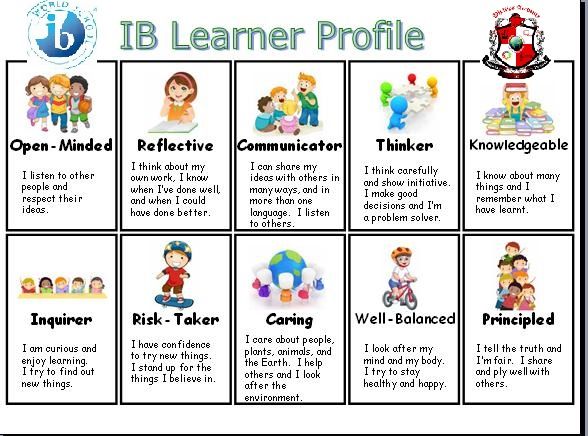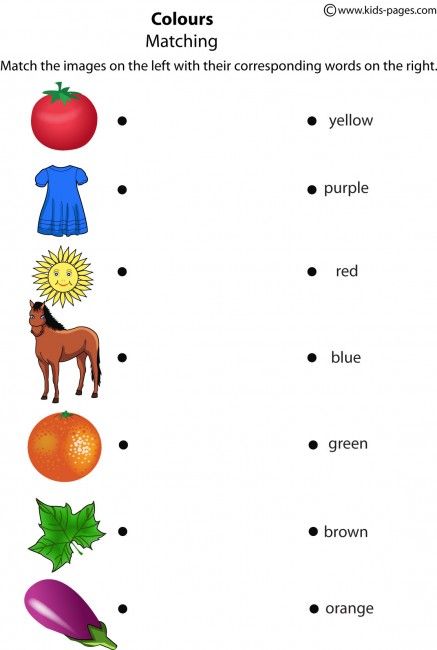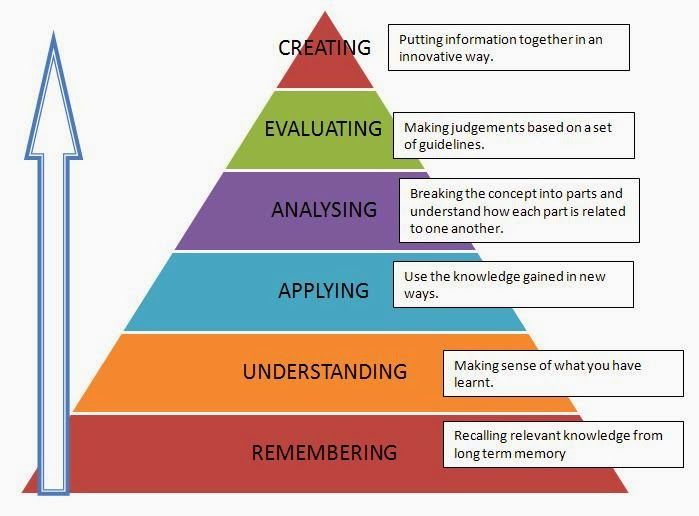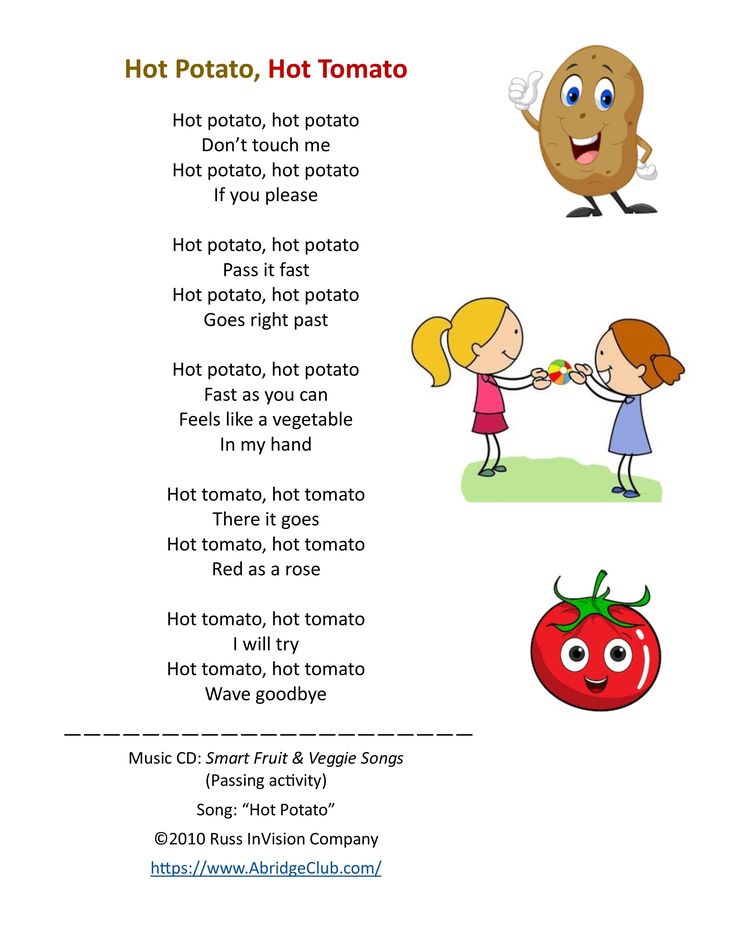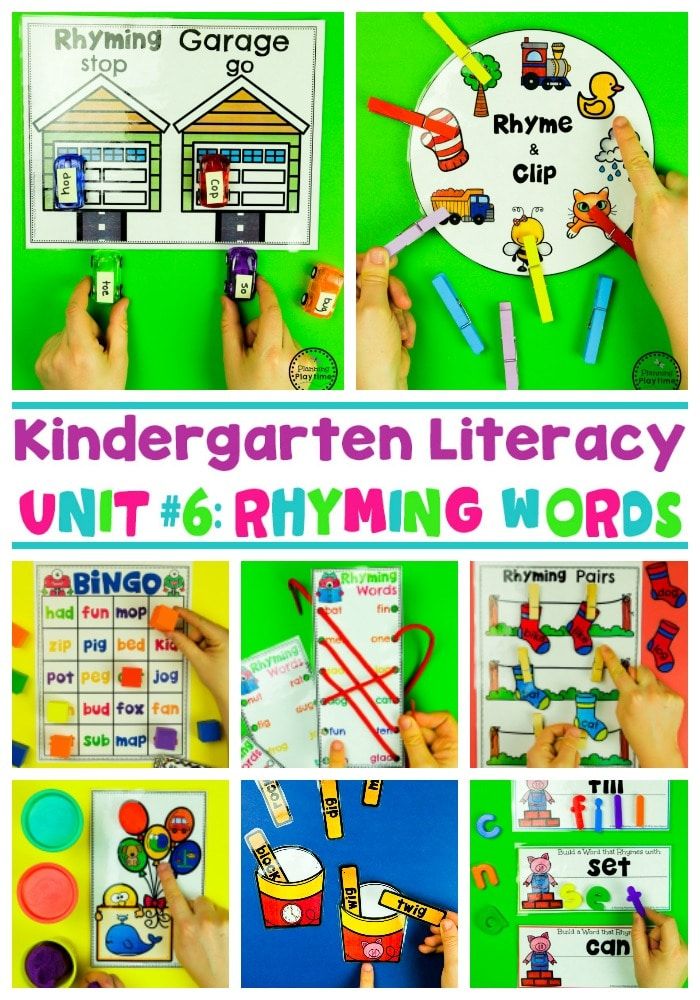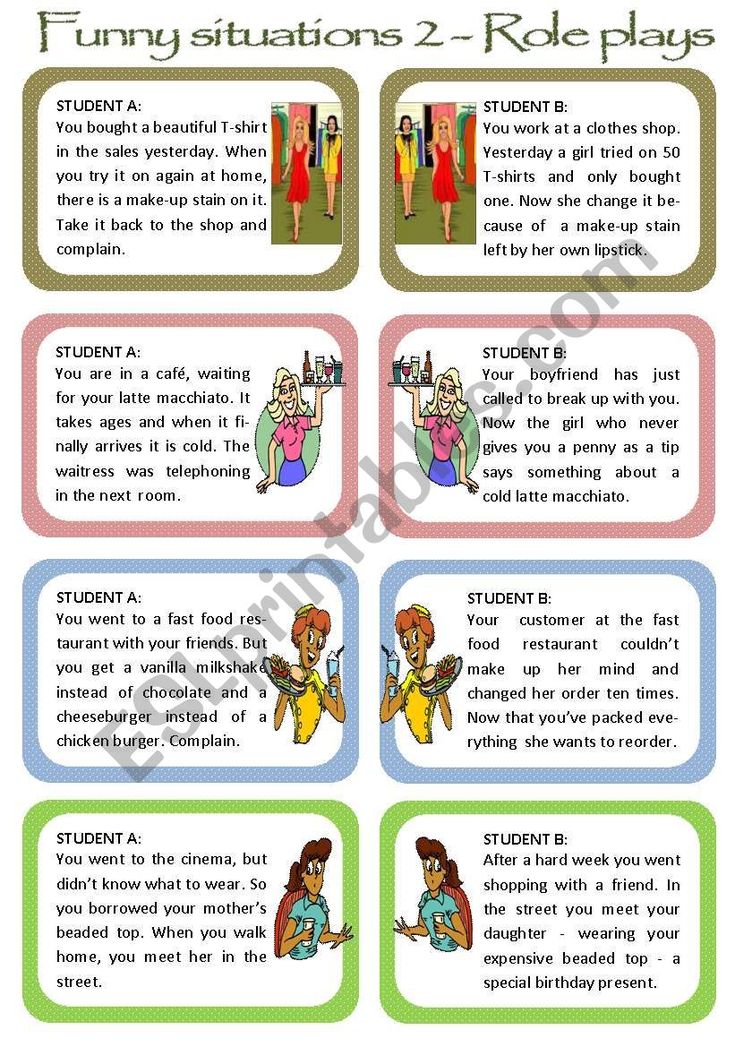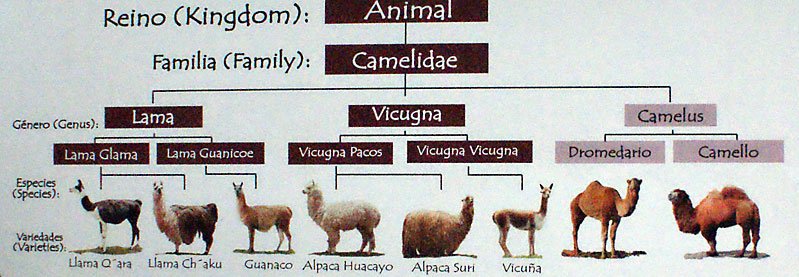What does kindergarten learn
What Do Kids Learn in a Typical Kindergarten Curriculum?
Your child is starting kindergarten! This is an exciting milestone in any kid’s life.
Even if they've been in pre-k classes, kindergarten is often considered the first official school year for children.
Your kid can’t wait to ride that big yellow bus, and you’re excited for them to learn all kinds of new things. But you probably have questions, like:
- Will my child learn to read this year?
- What numbers should they know?
- How can I help them learn at home?
Kindergarten is an exciting time, but it’s totally normal to feel a bit worried. We understand that you want your child to thrive, both academically and socially.
In this article, we’ll review the curriculum basics your child will cover this year — including language, math, science and those crucial social emotional skills.
It’s time to tackle kindergarten together. Let’s go!
Common Core skills
Although it varies from state to state, most schools closely follow the Common Core standards for kindergarten. These standards help set the foundation for your child’s future learning.
Along with academic standards, educators focus on teaching children the ins and outs of the classroom. Learning the rules and expectations while figuring out their daily routine will take up much of the first few weeks of class. Then the kindergarten year will dive into more academic pursuits.
Here’s an overview of what your child will learn this year.
1. Kindergarten language arts
The alphabet
Learning to identify the alphabet’s letters is the first step towards reading and writing. So get ready to practice those ABCs and hear that classic alphabet song on repeat!
Beyond identifying letters, there will also be a major focus on phonics. Your child will learn each letter’s sound. By the end of the year, they’ll be able to distinguish consonants from vowels and begin to understand the role each plays in a word.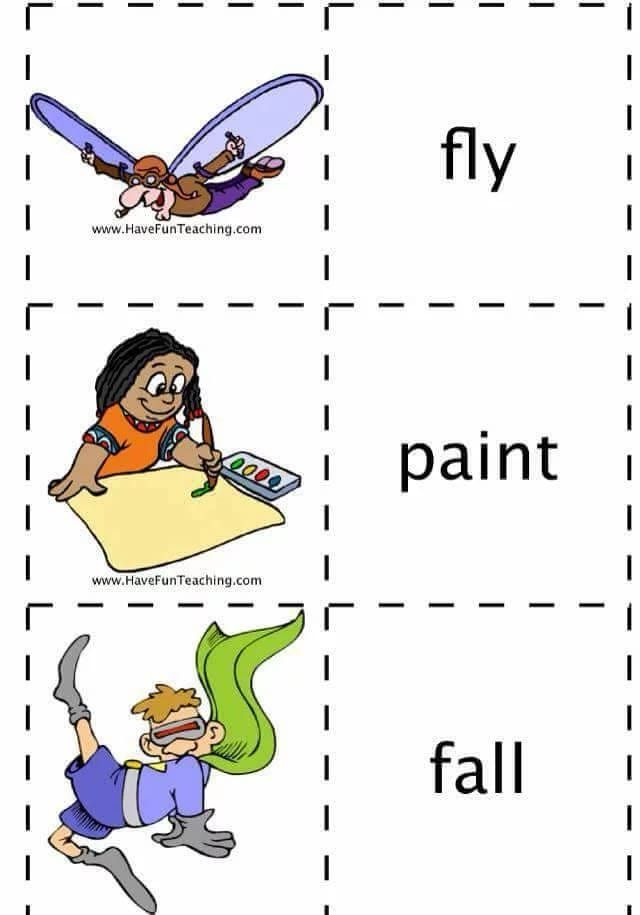
Reading short words and storybooks
Learning to read may be the most exciting part of kindergarten. Once a child starts reading, the potential to learn is endless!
The kindergarten curriculum will focus on high-frequency sight words and short words that are easy to sound out. Educators are looking to encourage reading confidence.
Tip: if your child is a more advanced reader, ask their teacher to recommend books to match their reading level so they stay interested and challenged.
Writing letters, short words and their name
Writing is an important part of the kindergarten curriculum. Your child will learn to:
- Print both upper and lower-case letters
- Write their own name
- Create tiny stories using short words
If your child struggles with writing, don’t stress. Many kids are still developing their fine motor skills at ages 5 and 6. With a bit of practice, your child’s scribbles will soon form legible words!
Tip: Encourage your child to practice writing their name in different ways or with different writing tools, like in this activity sheet from TeachWithMe.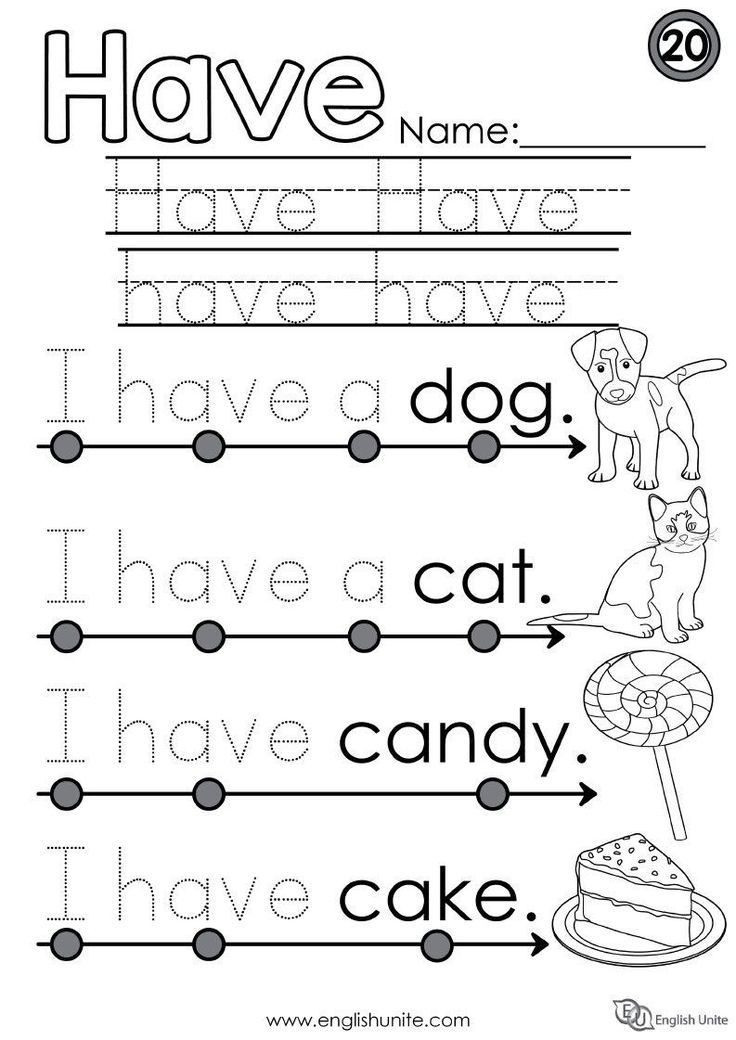
Words, sounds and conversation
Your child’s language skills have changed dramatically since the toddler years. But there’s still much to learn.
While in kindergarten, your child will continue to grow their conversation skills. New friends and social situations — and more reading — will expand their vocabulary.
Tip: Even though they’re getting older, don’t stop reading out loud with your child. Together you can tackle more complex stories and ideas, leading to an even better understanding of the world!
2. Kindergarten math
Numbers and counting
By the end of kindergarten, your child should have a solid understanding of numbers one through 20. And this means much more than just rote counting.
Kindergarten classrooms often feature great
math manipulatives to help kids grasp abstract math concepts. The number "2" doesn’t mean much until you pair the word with the image of two blocks.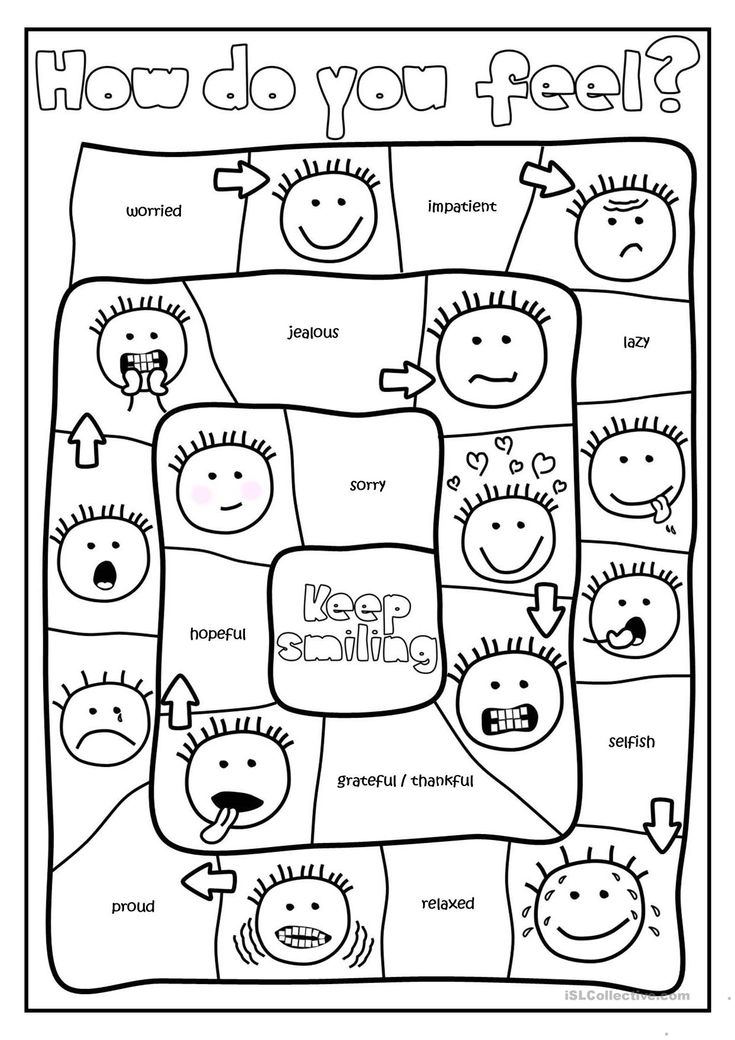 This idea will stick even more if your child is given the chance to build and create numbers with objects they can touch and hold.
This idea will stick even more if your child is given the chance to build and create numbers with objects they can touch and hold.
Your child will also likely learn basic skip counting. They’ll soon be able to count by 2s, 5s and 10s. This is an important first step into multiplication and division, though they won’t fully tackle those topics for a couple of years.
Identify shapes
The basics of geometry start now. Your child will have plenty of time to explore both two-dimensional and basic three-dimensional shapes. The math manipulatives available in classrooms can also make a huge difference in your child’s understanding here.
They’ll be able to observe a shape from all sides, and will begin to understand why a square is a square. This basic knowledge of sides and angles will set them up for future math success!
Simple addition and subtraction
Now that your child has a secure understanding of the first twenty or so numbers, they can really dive into addition and subtraction.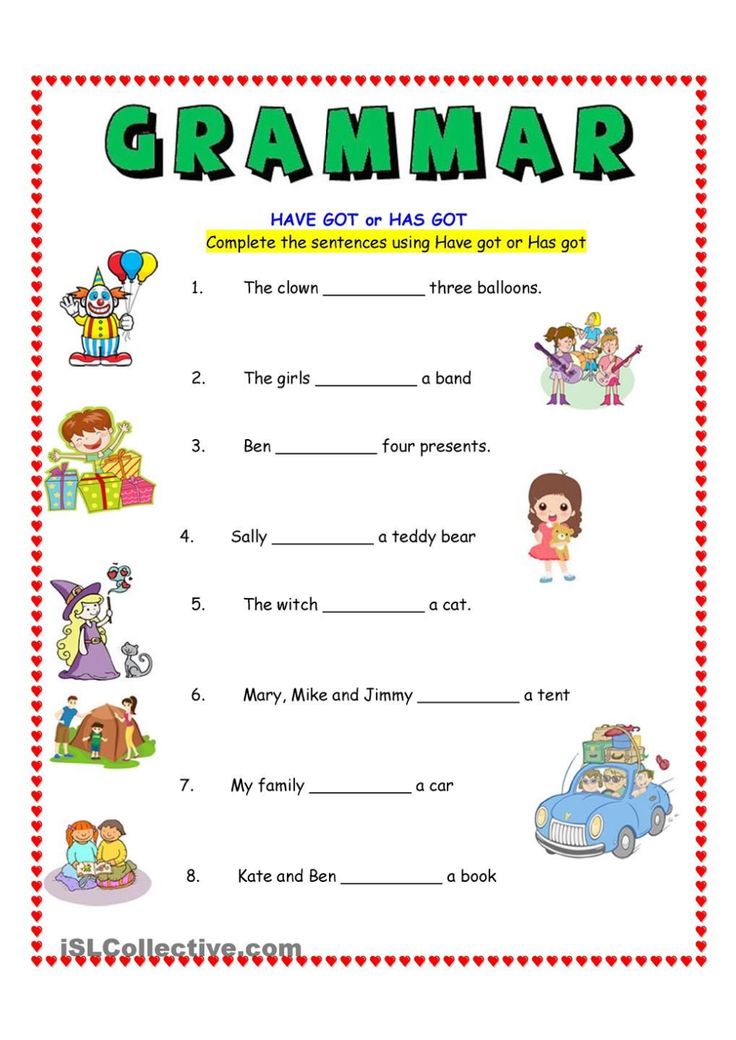
For your kindergartener, these concepts will come together as they add objects to a set, or take some away. This will also help cement their understanding that larger numbers “contain” smaller numbers (i.e. 7 is made up of 4 and 3).
3. Kindergarten science
Plants and animals
Kids are naturally curious, and nature is their first laboratory. There is so much to learn about the natural world! Plants and animals often have a lot of appeal because children encounter them every day.
In kindergarten, your child will focus on basic life cycles, like that of a frog or butterfly. And they will learn the different parts of a flower or of insects. Identifying and labeling is a major component of early science instruction.
The senses and the body
Heads, shoulders, knees and toes will be a popular song this year! What the senses are and how they work is an important part of the kindergarten curriculum, as well as identifying and labeling their own body parts.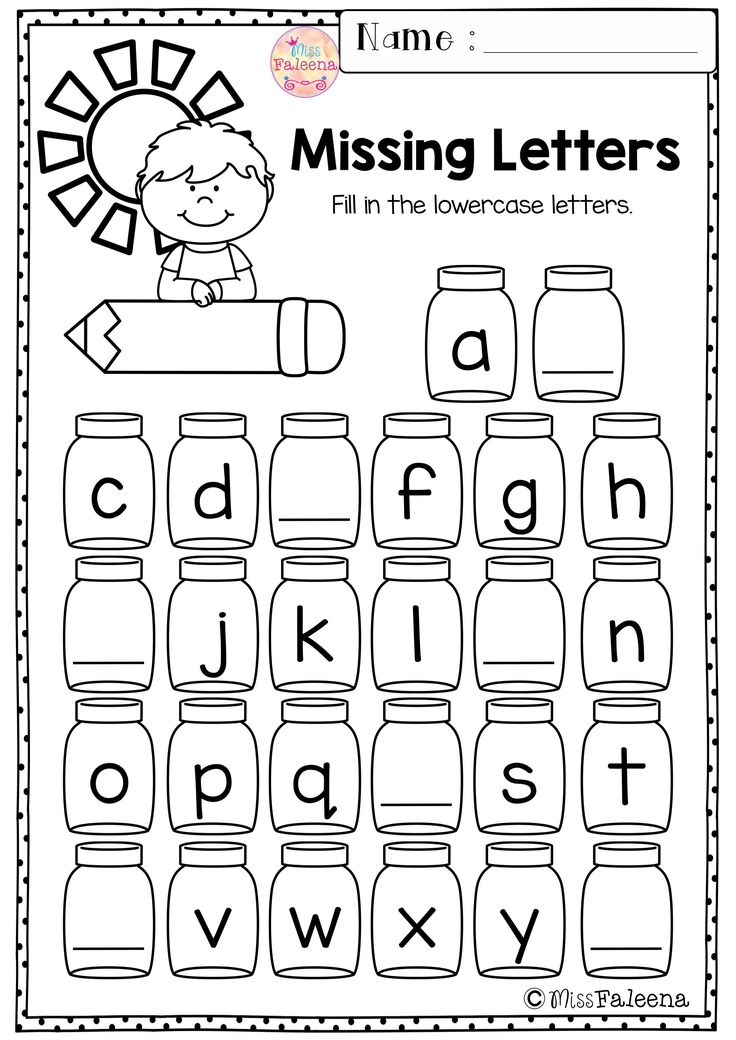
The weather
The weather is a great science topic for kindergarteners because it’s something they encounter every day. It affects their clothing choices and whether or not they can play outside. Learning the basics of the water cycle or why it snows is fascinating information for a five or six year old.
Time
Time is abstract and still tricky at this age, but your child can understand more now than before. The set schedule of school is a great way to make time more tangible. They wake up at 7am, leave at 8am, eat lunch at 11am and so on.
Visual schedules, like this one from Teaching Mama can help students understand this concept more quickly.
Tip: talk about time as often as possible. Your child is likely to still struggle with quarter and half hours (ex. 30 minutes after being “half-past” is hard to understand at this age), but the more exposure, the better.
Other skills in the kindergarten curriculum
Kindergarten is about so much more than academic skills.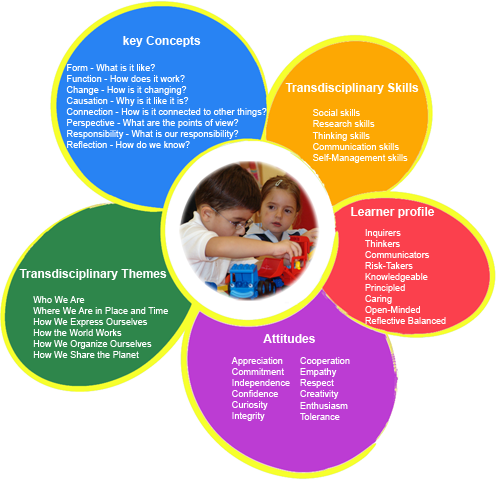 Here’s a quick look at the other things your child will learn this year.
Here’s a quick look at the other things your child will learn this year.
1. Cognitive and thinking skills
Problem solving and critical thinking skills
Your child will encounter many challenges this year. It’s part of learning and growing!
Now that they’re older with better impulse control, it’s the perfect time for them to learn how to work through obstacles and frustrations.
Focusing on tasks
Under the age of six, children still have a short attention span of about 15 to 20 minutes. But this is something that can improve with practice.
With their teacher’s help and understanding, your child will learn how to better stay focused. This important skill will help them throughout their school years.
Paying attention
Sitting and listening is no child’s strongest attribute, but it’s essential to school success. In kindergarten, they’ll learn how to respectfully pay attention, and be given the time to master it.
2. Behavioral and social skills
Making friends and resolving disagreements
School is a social event.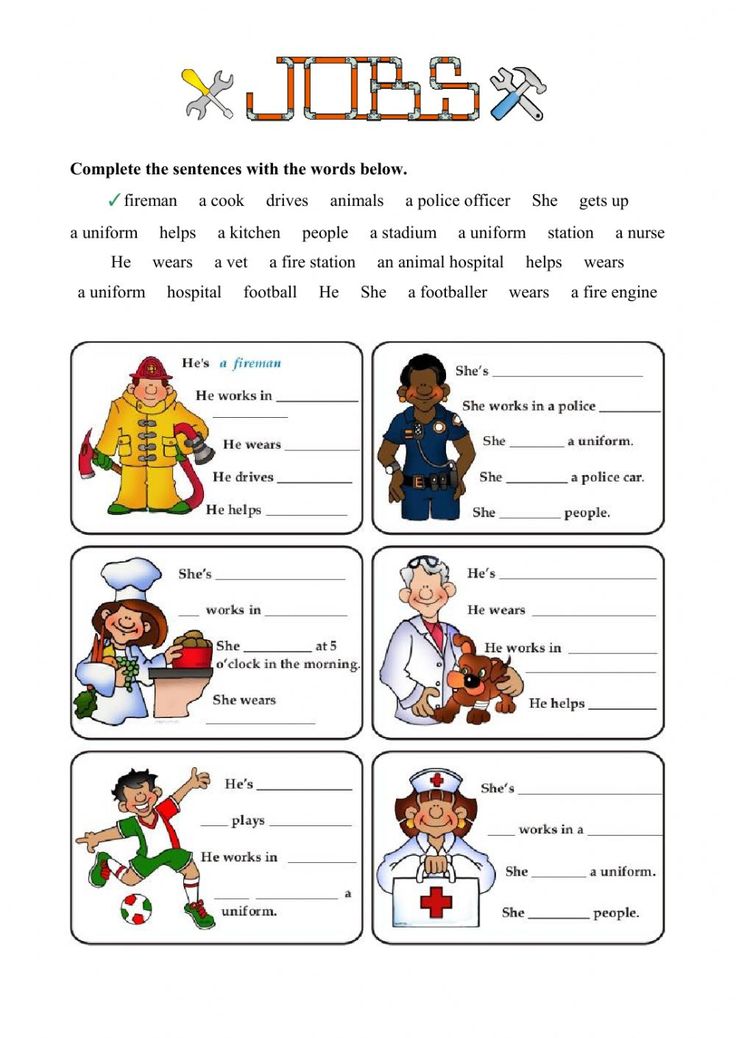 Making new friends is exciting, but it’s not all sunshine and rainbows. Friends fight, and teaching children to work through these disagreements is a normal part of a kindergarten educator’s day.
Making new friends is exciting, but it’s not all sunshine and rainbows. Friends fight, and teaching children to work through these disagreements is a normal part of a kindergarten educator’s day.
Self-regulation and how to follow rules
Better self-control is possible at this age, but it takes practice. School rules provide the perfect backdrop for learning to stay within expected limits and for kids to practice self-regulation.
3. Motor skills
Bone and muscle development
If you’ve recently bought your child a new school wardrobe, it can be painfully obvious that your child is still growing — and fast. More kindergarten classrooms are incorporating movement and activity into the day to help their bodies grow and strengthen.
Finger and hand control
Learning to write is an important skill, but full mastery may take another couple of years. The primary focus in a kindergarten classroom is learning the basics of holding a pencil or crayon, so your child can improve finger and hand control.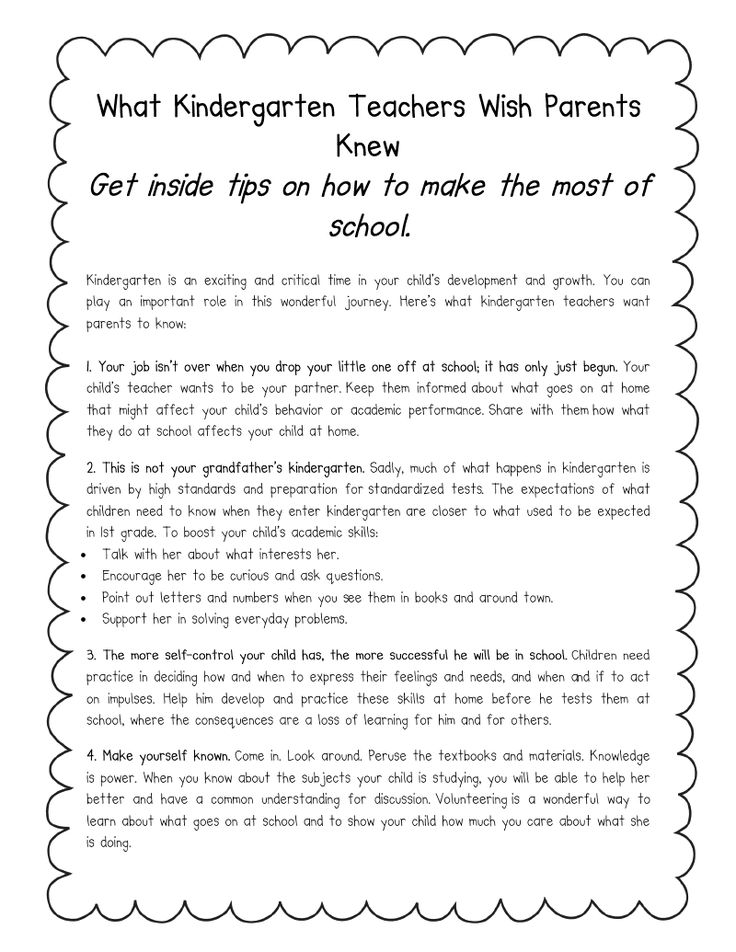
Tip: if your child needs more practice, look at adding fun activities like molding clay to your weekend activities. This can be a great way to strengthen young hands.
Sound out simple skills and read aloud
This best tool in your homeschooling kit? Books!
Read, read, read, then read some more. Reading aloud will encourage your child’s interest in reading independently. Take the time to sound out simple words as you read together, and help them recognize letter sounds throughout the day.
Once they’re interested, reading skills will develop. If they aren’t there yet, don’t worry. Many kids may not learn to read until age seven or up. Keep reading together and soon their interest will come.
Encourage them to keep a journal
Keeping a journal is a great way to practice writing, with a focus on healthy social emotional practices.
2. Teaching kindergarten math at home
Incorporate numbers everywhere
Numbers are all around.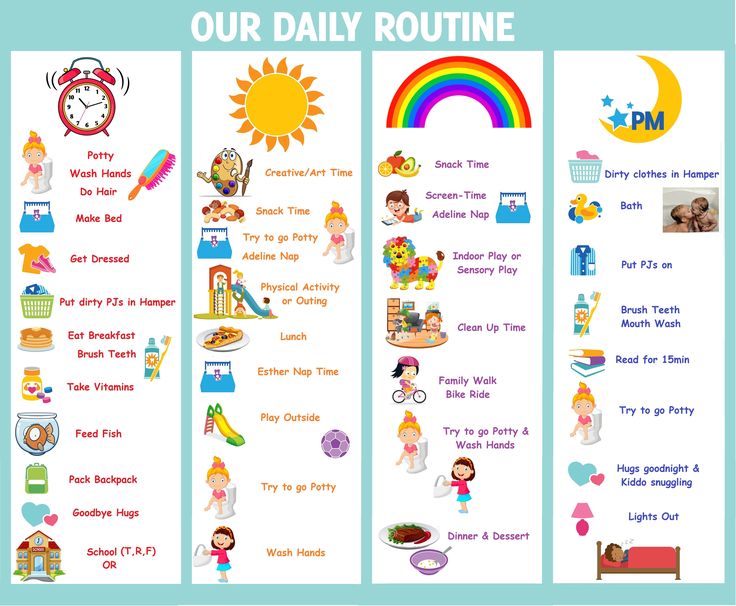 Look and point out numbers in your everyday activities. Let your child help you count how many apples you’re buying at the store, or talk about how many crackers are left at snack time.
Look and point out numbers in your everyday activities. Let your child help you count how many apples you’re buying at the store, or talk about how many crackers are left at snack time.
Create word problems with household objects
Baking together is an excellent way to incorporate math into your day. Even something as simple as turning down the volume on the TV can turn into a math lesson. And toy collections are a great place to start talking about addition and subtraction.
Don’t overcomplicate math. Use what you already have and create engaging math lessons easily.
Draw comparisons with everyday objects
- Which stuffed animal is bigger?
- Who’s taller, mommy or daddy?
- Do you think more cereal can fit in this bowl?
These are all great questions to get your child thinking and learning about math concepts.
Combine learning and fun with online games
When you’re using a homeschool curriculum, you have access to so many resources! Screen time can be used wisely to help your child learn while having fun.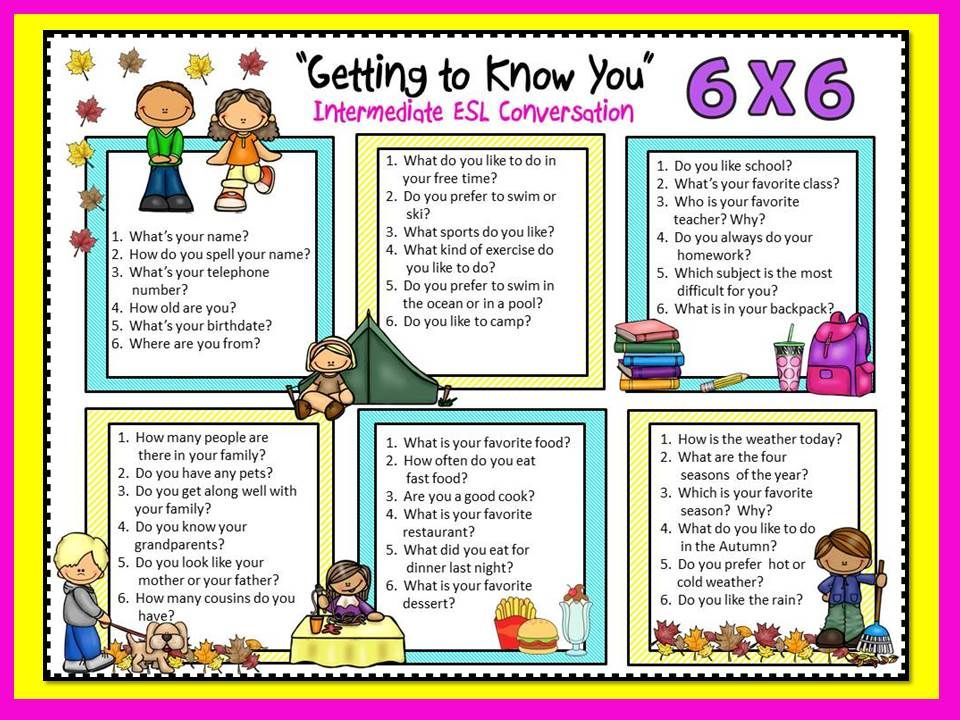
Game-based learning tools like Prodigy Math Game are a great way for your child to learn and practice age-appropriate math curriculum that meets your child at their skill level.
If math practice is stressing you out, share a fun online game and watch the learning happen naturally!
Get a free Prodigy account now3. Teaching cognitive, behavioral, motor and social skills at home
Practice listening skills with fun games like red light/green light and 20 questions
If you’re tired of yelling to get your child’s attention, test their listening and comprehension skills with a fun game (turns out they really do hear you when they want to 😂).
Join community groups so your child can socialize and form friendships outside of the family
Everyone worries about socialization, but homeschoolers have that covered with learning co-ops and gatherings. And there are more meetings now than ever before. A quick online search is a great way to find a group that fits your schedule and needs.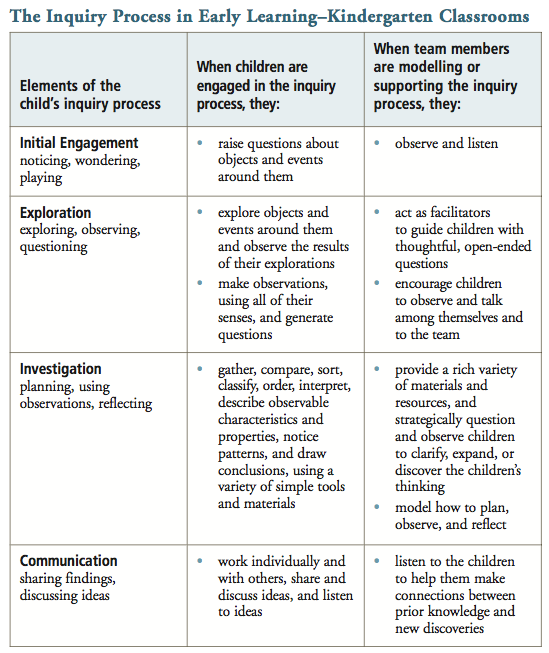
Try sports programs to develop both motor skills and social skills
Most sports programs for younger kids are offered by local communities, so don’t worry about your homeschooled child missing out. Sign them up for a sports club to work on both their social and gross motor skills.
Help your kindergartener thrive throughout the school year
Kindergarten is an exciting time, but it doesn’t come without challenges. Now that you know what’s expected of your child this year, you can help them meet their academic and social goals. Read with your child, ask them about their day, and celebrate their wins. It’s a big year for everyone!
If you’re worried about your child meeting their math goals, explore Prodigy Math Game. Prodigy can help keep the frustration out of math practice. Instead of simple worksheets, your child can learn standards-aligned math while playing an exciting video game!
Plus, with a parent account, you can play an active role in your child’s math learning.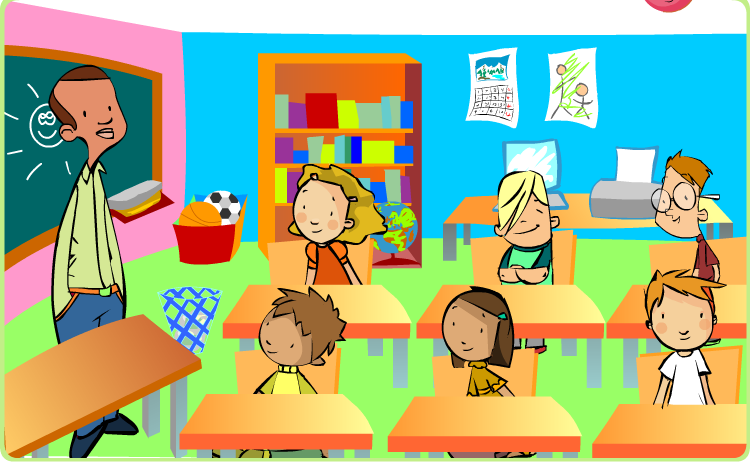 Track and support their progress while motivating them to answer more math questions. 👍
Track and support their progress while motivating them to answer more math questions. 👍
5 Things to Taught to Kids in Kindergarten
Your children are growing up so fast! It feels like they were learning to crawl only yesterday, and now they’re ready for kindergarten. But what exactly will they be learning at school? What is taught to kids in kindergarten?
In the United States, kindergarten curriculums vary from state to state, but most include basic subjects such as math, reading, and writing. In addition, many kindergarten classrooms also incorporate science and social studies into their lesson plans. Extracurricular activities are also essential aspects of a well-rounded kindergarten curriculum.
Let’s take a closer look at some of the things typically taught in kindergarten!
What Is Taught to Kids in Kindergarten?Most people think of kindergarten as a time when children learn to read and write, but much more goes into a good kindergarten curriculum.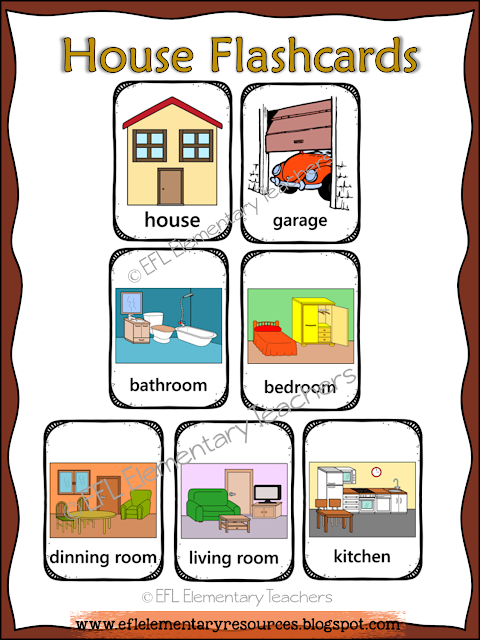 What children learn in kindergarten can set the tone for the rest of their schooling. So what should be taught in kindergarten?
What children learn in kindergarten can set the tone for the rest of their schooling. So what should be taught in kindergarten?
One of the most important things that children learn in kindergarten is how to read. This is a critical skill they will use for the rest of their lives. Many kindergartens use a phonics-based approach to teaching reading. This means that children learn to identify the individual sounds (or phonemes) that make up words. Once they know the sounds, they can start to put them together to form words.
Some essential topics that are typically covered in reading instruction include:
- Learning the names of the letters of the alphabet.
- A comprehensive introduction to the most common letter sounds.
- Blending individual sounds to form words.
- Recognizing common sight words.
- Reading simple sentences and stories.
Some teachers also include reading games and activities in their instruction.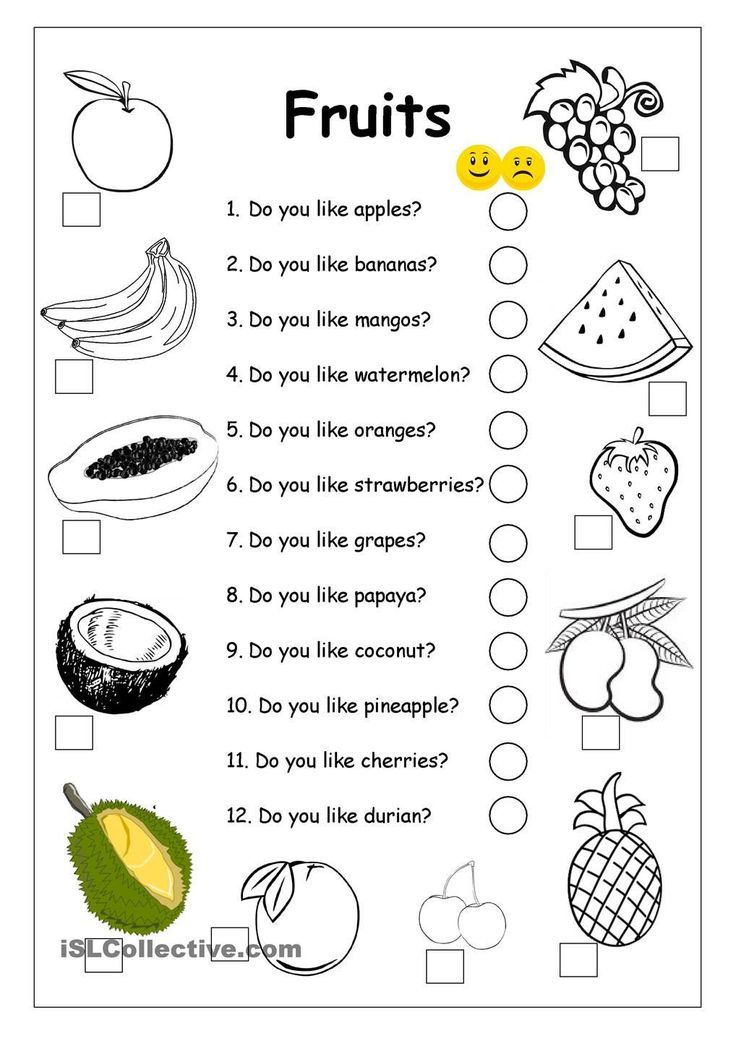 These can be a great way to help children practice and solidify their new reading skills. SpSplashLearn’seading Games for kindergarten are a great example of this.
These can be a great way to help children practice and solidify their new reading skills. SpSplashLearn’seading Games for kindergarten are a great example of this.
Writing is another fundamental skill that children learn in kindergarten. Like reading, what children learn in kindergarten will later lay the foundation for writing skills.
Most kindergarten classrooms use a developmental approach to teaching writing. Children are encouraged to write without worrying about spelling or grammar. Instead, they focus on conveying their thoughts and ideas on paper.
As children become more confident in their writing skills, they will start learning some of the basic spelling and grammar rules. However, the focus is still on communicating ideas rather than perfecting techniques.
Here are the most essential topics covered in kindergarten writing instruction:
- Learning how to hold a pencil correctly.
- Practicing writing the letters of the alphabet.
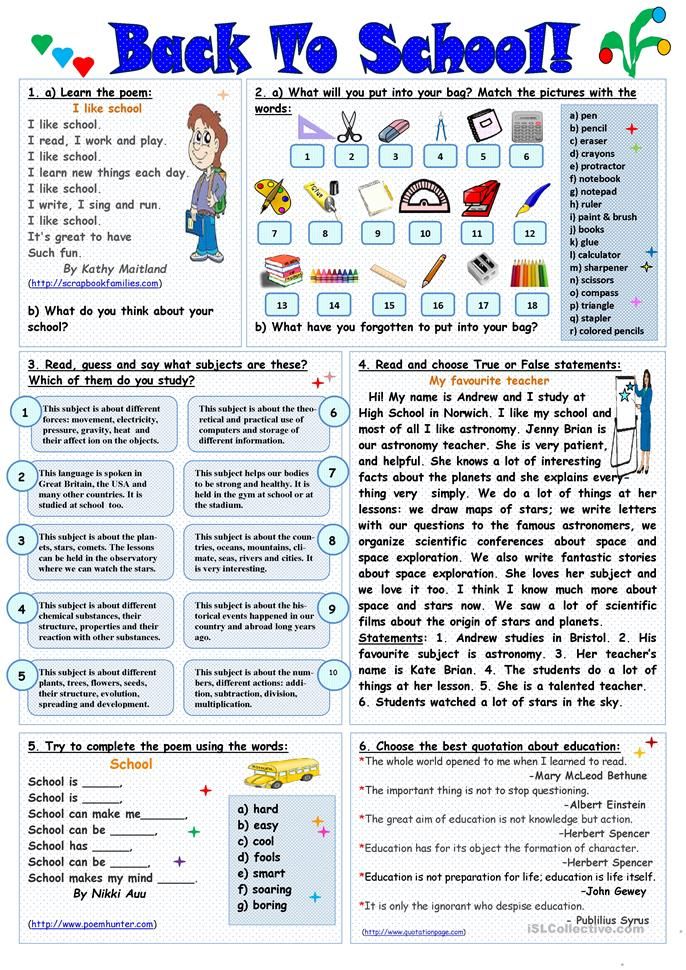
- Writing simple words and phrases.
- Telling stories and composing short sentences.
Kindergarten is also a great time for children to start learning about math. Many people think math is all about numbers, but it is much more than that! Children begin understanding mathematical concepts such as addition, subtraction, and shapes in kindergarten.
Kindergarten math instruction usually takes a hands-on approach. Children are encouraged to explore and discover mathematical concepts for themselves. They might use manipulative objects such as blocks or beads to help them understand what they’re learning.
Some topics that are typically covered in kindergarten math instruction include:
- Recognizing and counting numbers up to 20.
- Identifying basic shapes such as circles, squares, and triangles.
- Adding and subtracting numbers up to 10.
- Measuring length, weight, and capacity.
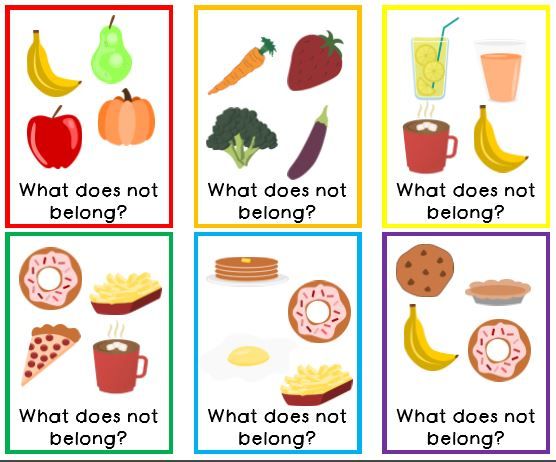 Science and Social Studies in Kindergarten
Science and Social Studies in KindergartenKindergarten is the time when kids learn about the world around them. This includes both science and social studies. In science, they learn about the basic building blocks of the universe, including plants and animals. They also learn about the EaEarth’sesources and how to conserve them. In social studies, they learn about different cultures and how people live and work together.
Kindergarten science and social studies instruction are usually very hands-on. Children learn through exploration and discovery. They might plant a garden, build a fort, or make a simple machine.
Here are some famous topics covered in kindergarten’s science and social science:
- The five senses.
- Plants and animals.
- The four seasons.
- Weather and climate.
- The solar system.
- Different cultures and traditions.
In addition to the core academic subjects, kindergarteners also participate in a variety of extracurricular activities.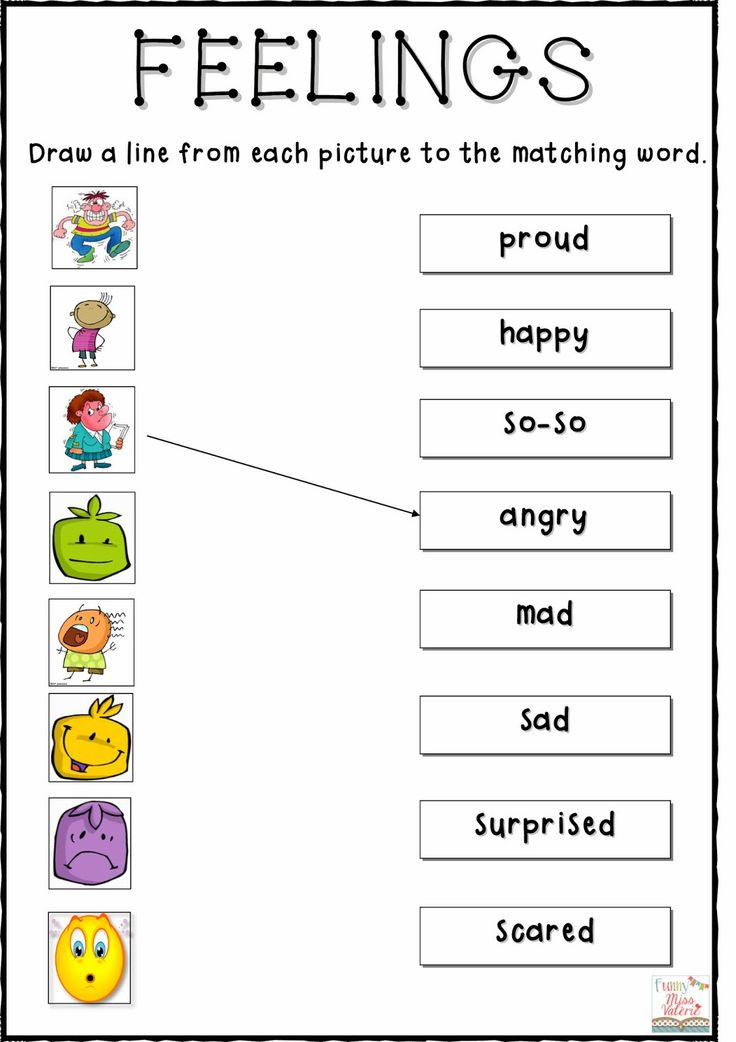 These activities help children develop essential social and emotional skills. They might play games, sing songs, or do art projects. Some kindergartens also have sports teams that children can join.
These activities help children develop essential social and emotional skills. They might play games, sing songs, or do art projects. Some kindergartens also have sports teams that children can join.
The extracurricular activities that are available to kindergarteners vary from school to school. However, some of the most common activities include:
- Art: Drawing, painting, and sculpting are just a few of the art projects that kindergarteners might do.
- Music: Kindergarteners might learn to play simple instruments such as the recorder or xylophone. They might also sing songs and learn about different musical genres.
- Drama: Acting out skits and plays is an excellent way for kindergarteners to develop their imagination and communication skills.
- Sports: Some kindergartens have sports teams that children can join. This is an excellent way for them to exercise and learn about teamwork.
Kindergarten is a time for children to explore their interests and develop new skills.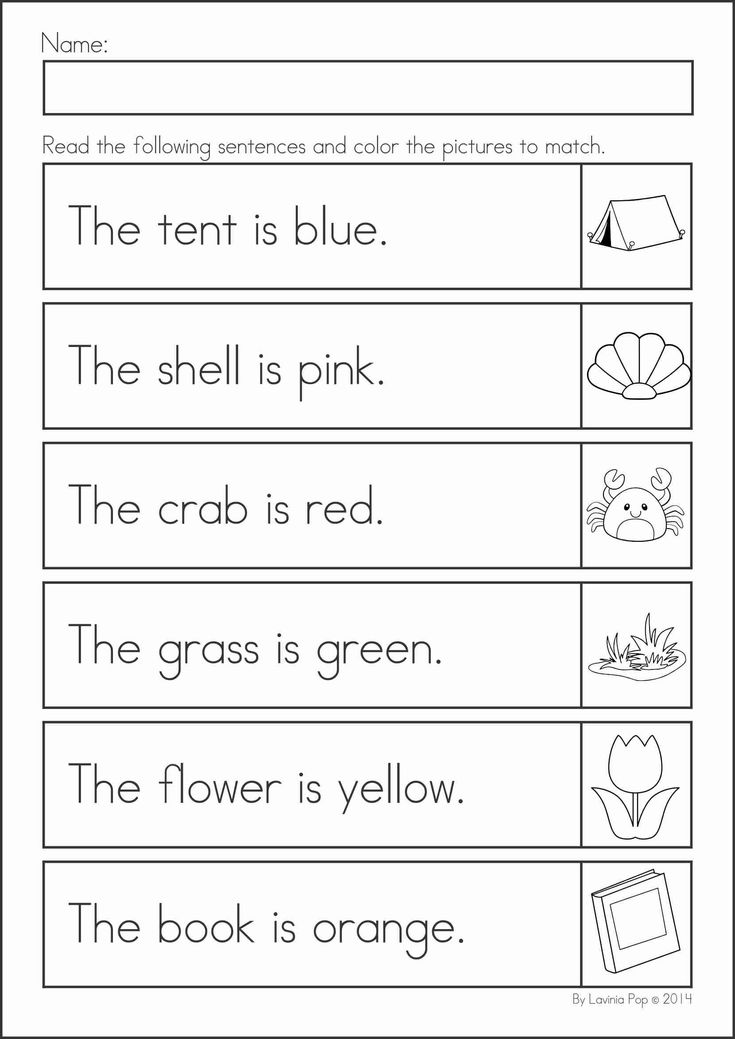 By participating in various activities, they can learn about the world around them and start developing important academic and social skills.
By participating in various activities, they can learn about the world around them and start developing important academic and social skills.
So what does a kindergarten curriculum entail? In most cases, it is designed to prepare kids for their first school year. Parents should not worry if their child is not reading or writing fluently by the end of kindergarten. Kindergarten aims to provide a foundation for learning, not to teach children everything they need to know. With that said, children who attend kindergarten are more likely to succeed in first grade and beyond.
Frequently Asked QuestionsIs kindergarten mandatory in the United States?
No, kindergarten is not mandatory in the United States. However, most children do attend kindergarten. In fact, about 95% of all 5-year-olds in the United States are enrolled in kindergarten.
How long does a typical kindergarten day last?
A typical kindergarten day lasts for about six hours.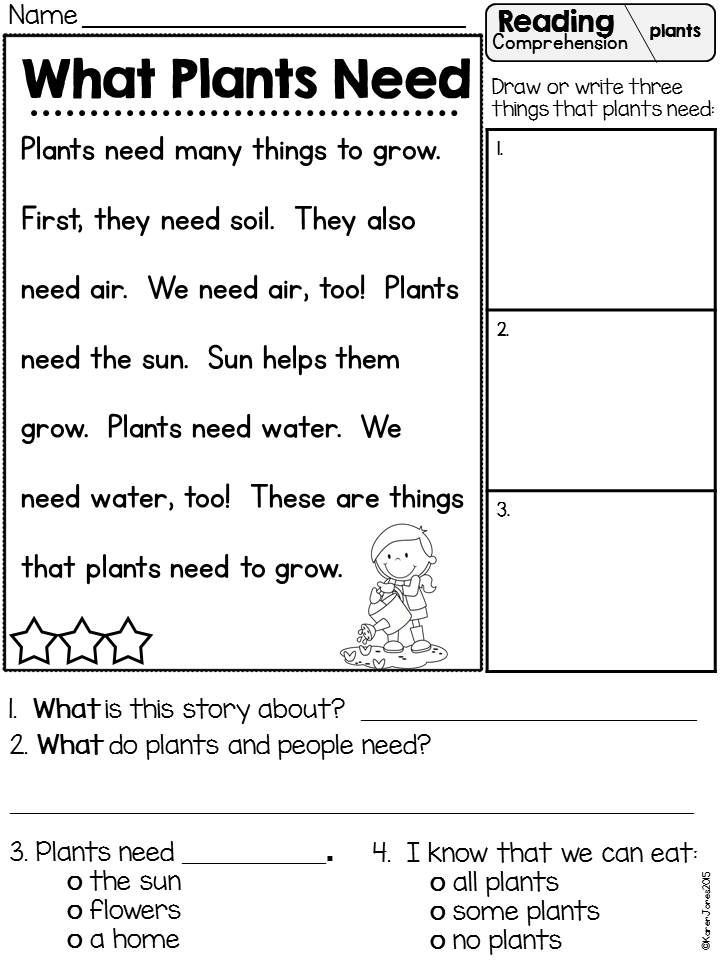 However, the exact length of the day depends on the school and district.
However, the exact length of the day depends on the school and district.
Will my child be able to read and write by the end of kindergarten?
The goal of kindergarten is to provide a foundation for learning, not to teach children everything they need to know. With that said, most children who attend kindergarten will be able to read and write by the end of the year.
What types of extracurricular activities are available to kindergarteners?
The extracurricular activities that are available to kindergarteners vary from school to school. However, some of the most common activities include art, music, drama, and sports.
What is the goal of kindergarten?
The goal of kindergarten is to provide a foundation for learning. This includes teaching children basic academic and social skills. By the end of kindergarten, children should be prepared for their first year of school.
What we learn in kindergarten
- Photos
- Getty Images
Key messages
- Kindergarten is the place where most of us spend those few years when the foundations of our behavior are laid, as well as psychological problems and fears arise .
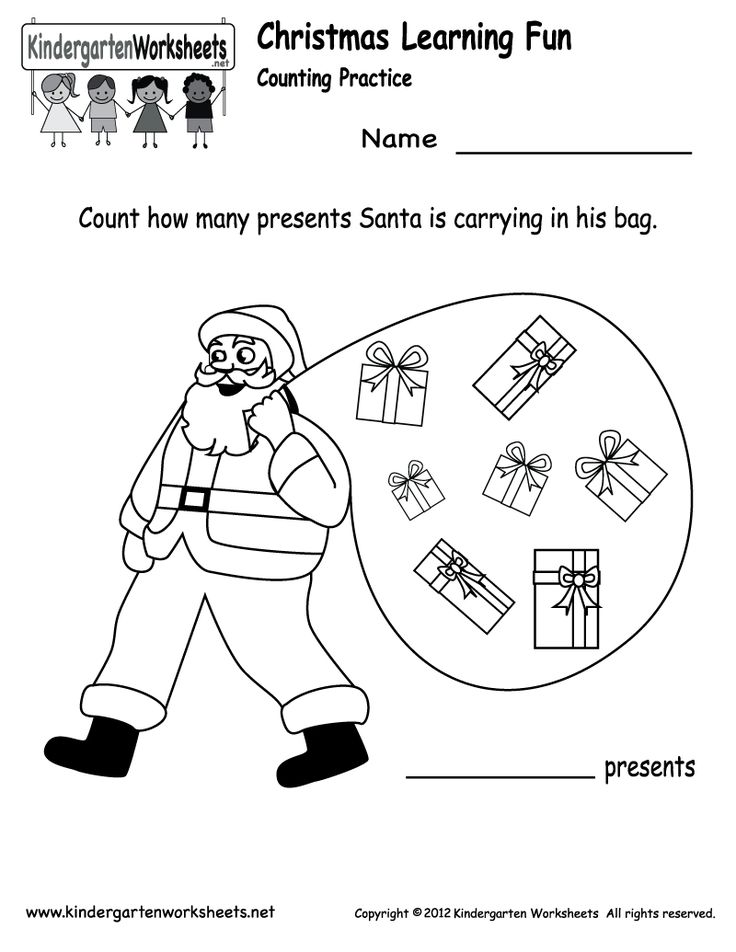
- In kindergarten, we learn three basic skills: interaction with society (authority and rules), communication and cooperation skills, and adaptation to new conditions.
- The strategies we chose in childhood also work in our adult life. nine0012
– Please help yourself! - the client greets me - the head of the financial service of a large trading company. In front of him is a plate of fruit, nuts, sweets and a plate of sandwiches. - No, I'm not having lunch. I just got used to chewing something all the time. I can't help myself. This is from childhood, - he explains the edible abundance, unexpected for the desktop.
Later, in the course of psychological work, we will find out at least one of the reasons for his intemperance in food. nine0022
- When I was little, I didn't eat well. One day in kindergarten, the teacher unsuccessfully tried to feed me porridge. The cook came up - an angry, sharp aunt, the children were afraid of her. She threatened: “If you don’t eat, you will soon die.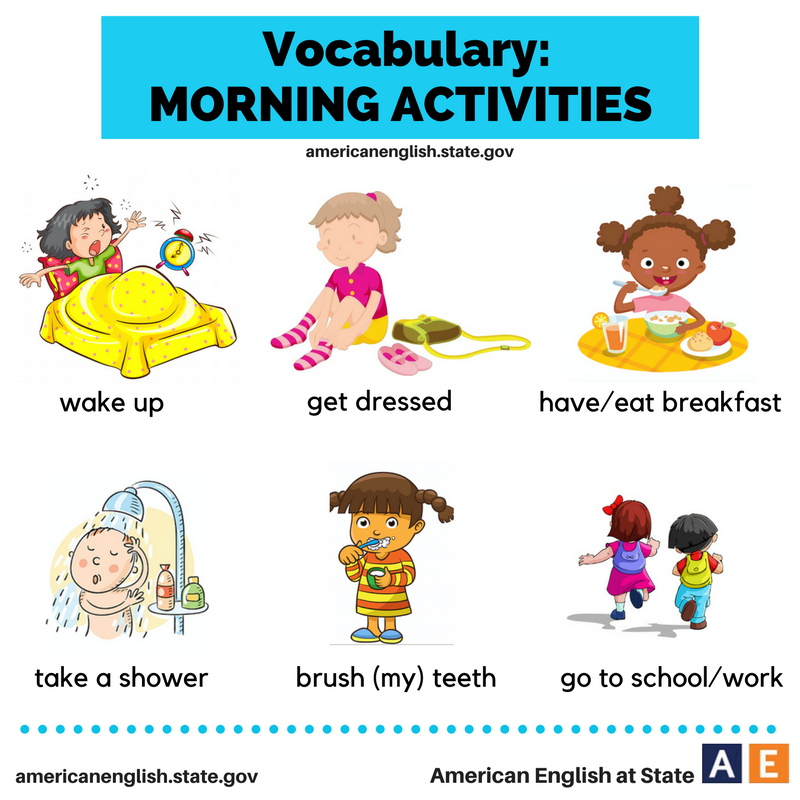 I promise you. Out of fear, I instantly ate all the porridge and have not stopped eating since.
I promise you. Out of fear, I instantly ate all the porridge and have not stopped eating since.
Kindergarten is the place where most of us spent two or three years of those first seven years, when the foundations of our behavior are laid and, alas, when psychological problems arise. nine0019
We usually don't remember much about those times. But even forgotten experiences have tremendous power over us. They continue to live in the unconscious and draw into their orbit all new impressions, emotions, circumstances.
In kindergarten, a child learns three main skills. And depending on how well he masters them, his character, relationships with others and, most importantly, with himself will develop. These three skills are:
1. Organized interaction with society
The child learns to interact with caregivers and the group as a whole. Educators must be obeyed, obey their requirements, follow the accepted rules, but at the same time be able to defend their own interests, clearly communicate their needs.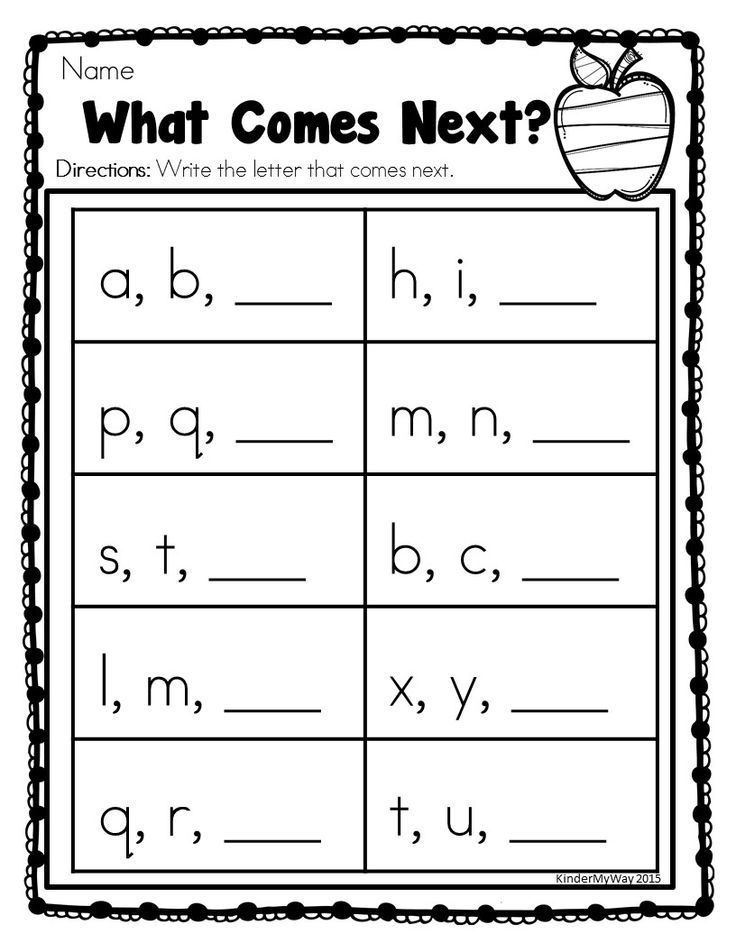 This is how the skills of interacting with authorities, organizations, social intelligence and the ability to "embed" oneself into society develop: for this it is not at all necessary to be sociable, one must be smart and feel the alignment of forces. Different strategies are possible: complete submission to the existing order and "authorities", resistance and rebellion at every opportunity, or - an ideal option: a harmonious combination of obedience and disobedience, depending on specific circumstances. The chosen strategy is fixed and in the future becomes an essential component of our personality. nine0019
This is how the skills of interacting with authorities, organizations, social intelligence and the ability to "embed" oneself into society develop: for this it is not at all necessary to be sociable, one must be smart and feel the alignment of forces. Different strategies are possible: complete submission to the existing order and "authorities", resistance and rebellion at every opportunity, or - an ideal option: a harmonious combination of obedience and disobedience, depending on specific circumstances. The chosen strategy is fixed and in the future becomes an essential component of our personality. nine0019
“They took me out of kindergarten with tears: my parents cried, not me”
– I have never had bosses, I always work for myself, – the creator and head of a large Russian advertising agency talks about his childhood experience. - I did not obey the kindergarten teachers and teachers at school. Any attempt of them to impose their will and show their power aroused in me a desperate protest - even over trifles.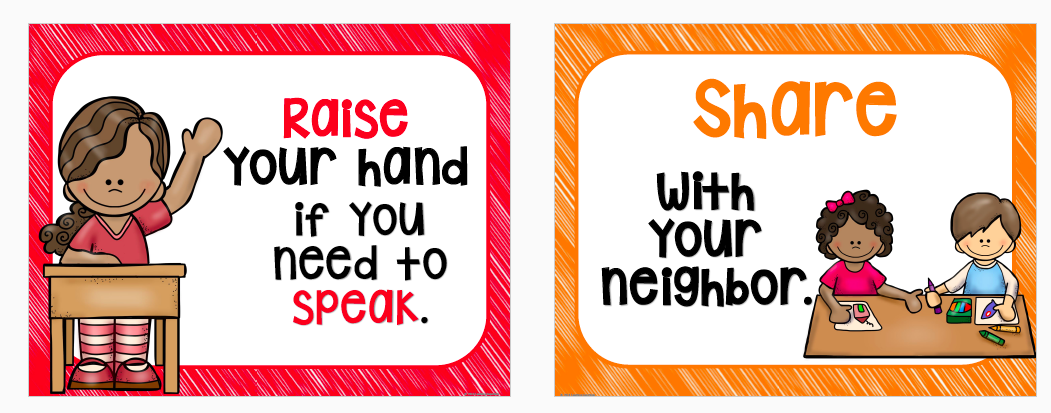 It was impossible to get me to sit quietly when I wanted to run, or put me to bed when I was in the heat of the game. When they shouted at me, pressed me, demanded, I became even more impudent and resisted. And in the end I won: grown-ups exhausted by my stubbornness “waved their hand at me”, and I did what I wanted. nine0021 My parents took me from kindergarten with tears, but they cried, not me . At home, I still endured the dictates of adults, but outside of it - never. So he grew up so rebellious. But I know how to command and love.
It was impossible to get me to sit quietly when I wanted to run, or put me to bed when I was in the heat of the game. When they shouted at me, pressed me, demanded, I became even more impudent and resisted. And in the end I won: grown-ups exhausted by my stubbornness “waved their hand at me”, and I did what I wanted. nine0021 My parents took me from kindergarten with tears, but they cried, not me . At home, I still endured the dictates of adults, but outside of it - never. So he grew up so rebellious. But I know how to command and love.
There is another example. One of the leaders of the Moscow Zoo told me that his professional path was largely determined by the pleasure of interacting with the inhabitants of the kindergarten "living corner" (guinea pigs, hamsters, turtles) and the praise of adults for diligence. nine0019
2. Communication with peers
The child learns to play with other children, share experiences, enjoy joint activities, cooperate, give in, win their place in the team, cope with insults.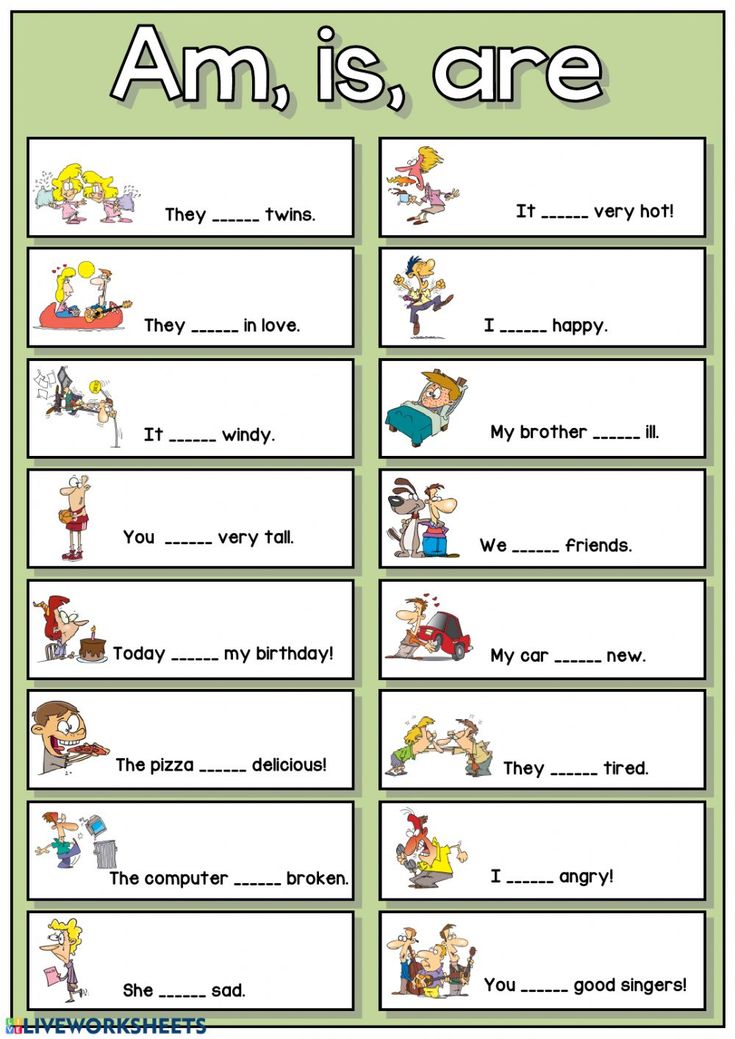 Further life develops and supplements these skills, but the “deep roots” of our ability to communicate with others “sprout” at this time, at the age of 3-6 years. Here, too, three strategies of behavior can be distinguished: submission, dominance and partnership. The chosen strategy also prevails in our adult behavior. nine0019
Further life develops and supplements these skills, but the “deep roots” of our ability to communicate with others “sprout” at this time, at the age of 3-6 years. Here, too, three strategies of behavior can be distinguished: submission, dominance and partnership. The chosen strategy also prevails in our adult behavior. nine0019
We continually experience, whether positive or negative. It's a life that can't be protected or saved from
Most people who have succeeded in their careers have fond memories of kindergarten: “I quickly became friends with the guys in the band. And although I absolutely did not like hanging around in kindergarten all day, I willingly went there - I just wanted to play with the guys. “I loved fighting boys. More precisely, we fought - especially during walks. It was at that time that I learned not to be afraid to mess with even stronger opponents. It helped me a lot later in life.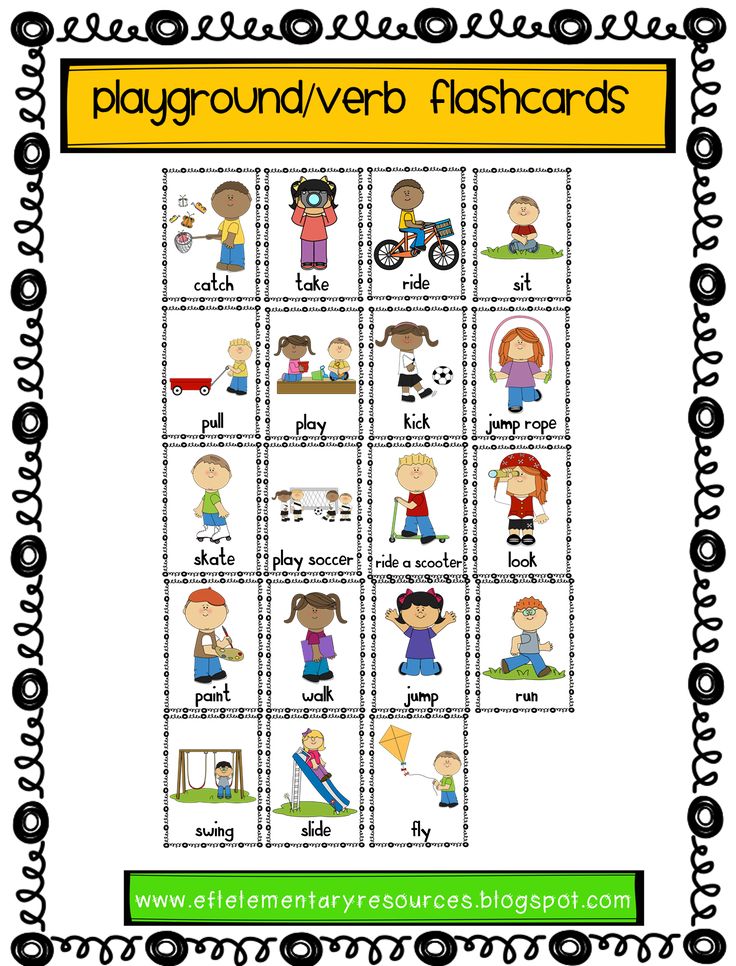 ” nine0019
” nine0019
One public person told how as a child he performed at festive concerts in a kindergarten: “I had so much fun then - from the approving glances directed at me, from an overabundance of emotions, from applause! I'm sure it was this early and joyful experience that turned me into a public figure."
3. Adaptation to new conditions and self-management
The child learns to adapt to new conditions and manage his experiences. This skill can be summed up in one word – independence. A small, tender child, around whom the whole domestic life revolves, suddenly finds himself in a cold, strict and, as it often seems, hostile space. Getting out of a familiar environment into an unknown world full of uncertainty and novelty is very difficult, even for the most daring. After all, for the first time we find ourselves alone, without relatives, in the face of a strange world, and we ourselves are only responsible for our words, deeds and mood. nine0019
Exercise: Helping the inner child
Remember kindergarten – mentally walk through its halls, corridors, nooks and crannies.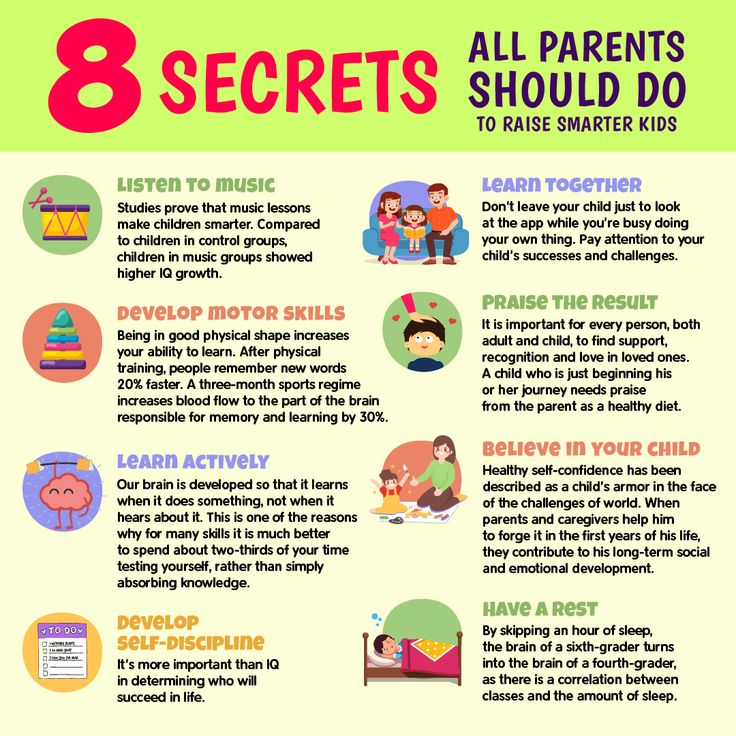 Look out into the yard. Look at the faces of teachers, children. Do you recognize someone? What are your feelings? What immediately comes to mind? What words do you hear? Imagine that you are the same little boy or girl who goes to this kindergarten. Feel his or her energy, strength, and maybe awe and even pain. Now imagine that you, already an adult, are standing next to a small one. Stretch out your hand to the child, stay together among the children's noise, exclamations and instructions of educators, sit at the dining table, straighten the edge of the blanket on the bed during a quiet sleep ... Ask yourself, the child, what makes him happy and what worries him. Let him share whatever he wants with you. Be careful and attentive with him: listen, show sympathy, help, tell him that he will grow up and become an adult and strong. And the lost harmony will be restored. nine0019
Look out into the yard. Look at the faces of teachers, children. Do you recognize someone? What are your feelings? What immediately comes to mind? What words do you hear? Imagine that you are the same little boy or girl who goes to this kindergarten. Feel his or her energy, strength, and maybe awe and even pain. Now imagine that you, already an adult, are standing next to a small one. Stretch out your hand to the child, stay together among the children's noise, exclamations and instructions of educators, sit at the dining table, straighten the edge of the blanket on the bed during a quiet sleep ... Ask yourself, the child, what makes him happy and what worries him. Let him share whatever he wants with you. Be careful and attentive with him: listen, show sympathy, help, tell him that he will grow up and become an adult and strong. And the lost harmony will be restored. nine0019
How to survive? How not to cry, how to let go of my mother's hand? The sooner we acquire the skills of independent existence, the stronger and more diverse they become.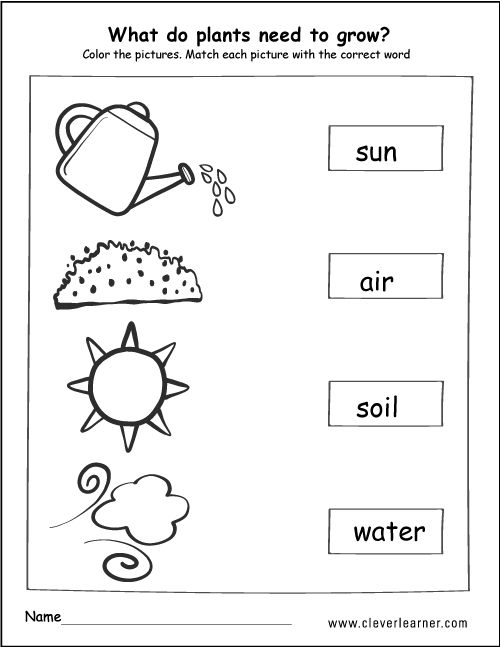 “Over time, I realized that kindergarten is not so bad. I can rest there from the eternal instructions of my grandmother, who constantly raised me. And in the garden there was only one teacher for everyone. And it was somehow easier for me than at home. After all, I was there more independent, more free. Even now I like to be among people all the time, in society, ”I once heard such a comment from a promising young manager of a transport company. A child in kindergarten learns to adapt, control his feelings, accept reality. Everyone succeeds, some not so much. nine0019
“Over time, I realized that kindergarten is not so bad. I can rest there from the eternal instructions of my grandmother, who constantly raised me. And in the garden there was only one teacher for everyone. And it was somehow easier for me than at home. After all, I was there more independent, more free. Even now I like to be among people all the time, in society, ”I once heard such a comment from a promising young manager of a transport company. A child in kindergarten learns to adapt, control his feelings, accept reality. Everyone succeeds, some not so much. nine0019
I started this reflection with a story about overeating, which originated in kindergarten fears. There are other similar stories. “I am afraid of loneliness. When I'm alone, causeless anxiety begins. One day I realized where it came from. I was picked up from kindergarten later than other children. And those, joyfully leaving home, shouted to me in parting: “If you are not taken away at all, then you will spend the night alone in kindergarten.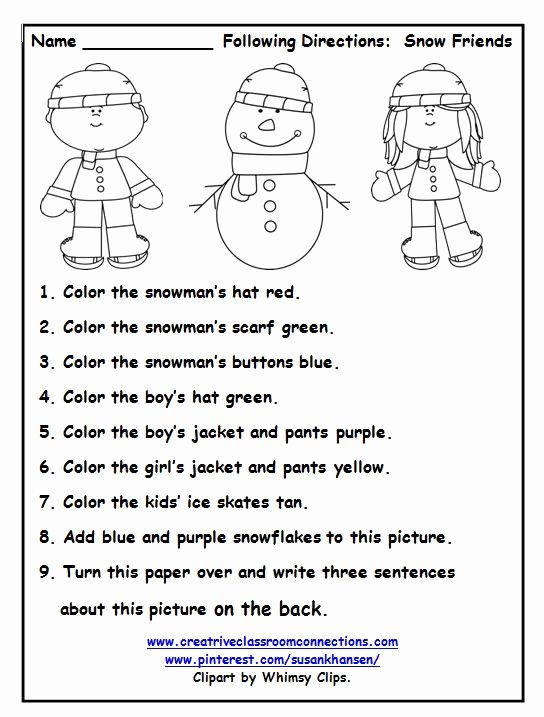 Everyone will leave, and you will hang around here all night!” Indeed, it could happen, I thought desperately. And a terrible anxiety set in. It seems that I have not recovered from these fears so far, ”the client shared his secret with me. nine0019
Everyone will leave, and you will hang around here all night!” Indeed, it could happen, I thought desperately. And a terrible anxiety set in. It seems that I have not recovered from these fears so far, ”the client shared his secret with me. nine0019
Unfortunately, even the most attentive and sensitive educators and the most experienced child psychologists cannot protect from bitter experiences and deep traumas. We continually experience, whether positive or negative. It is a life that cannot be protected or saved. But you can remember, realize, change your attitude, even if we have already grown up.
About the author:
Maria Makarushkina is a psychologist, coach, business consultant, head of the VIP consulting practice at ECOPSY Consulting. nine0019
New on the site
Love at a distance: how the feelings of de Maupassant and Bashkirtseva were born and developed
“A stranger to yourself”: how to understand that you are running from reality
“I no longer have the strength to fight depression”
How "happy hormones" can bring unhappiness: The "dark sides" of oxytocin, dopamine, serotonin and endorphin
How to replace irrational beliefs with rational ones: 3 easy steps - a psychotherapeutic method
“I failed my exams and went from the soul of the company to an introvert.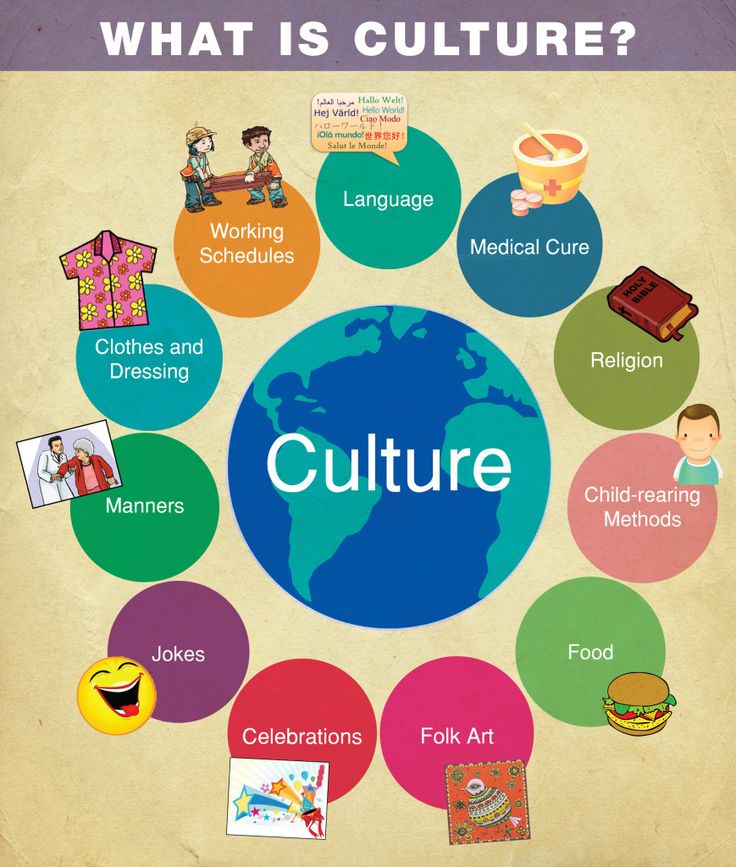 What happened with me?"
What happened with me?"
“I can't stand my husband's bullying anymore. How to get away from him?
Scientists have found out who is looking for casual sex on dating sites
WHAT DOES KINDERGARTEN TEACH? | Educational social network
WHAT DOES KINDERGARTEN TEACH?
Autumn came and our kindergarten graduates went to school to meet new knowledge and new friends. And when I meet parents, I often hear that they thought whether to send their child to kindergarten. Some were unemployed, some had a grandmother at home . Many parents do not send their children to kindergartens, because they believe that "you can play and sleep at home." They do not understand that in the kindergarten the child not only plays and sleeps, but also learns to be in society. It is at kindergarten age that certain concepts about life are formed in children: how to behave with friends, how to help others, how to defend their rights, etc. All this cannot be fully learned at home. Parents, of course, have a huge influence on the child, but it is the society of children that will help to adapt in society. nine0019
nine0019
First of all, it is very important that children learn to communicate. In kindergarten, relationships are formed several times every day between different children. Children begin to play different games, especially those where everyone will take part. Everyone will have their own role and responsibilities. Children learn to express their opinion and defend their rights.
Secondly, it is correct to behave in a team. In the process of joint activities (in this case, games), children will learn to make decisions in a team, listen to the opinions of other children, help each other, etc. Together they will solve complex problems: for example, assemble a constructor. nine0019
Thirdly, to sympathize and empathize. These two qualities are very important for any person. Children acquire these qualities during the game. For example, one boy's car broke down, he starts crying. What does the second one do? Gives him his favorite toy to calm him down, because he himself calms down exactly when he receives this toy.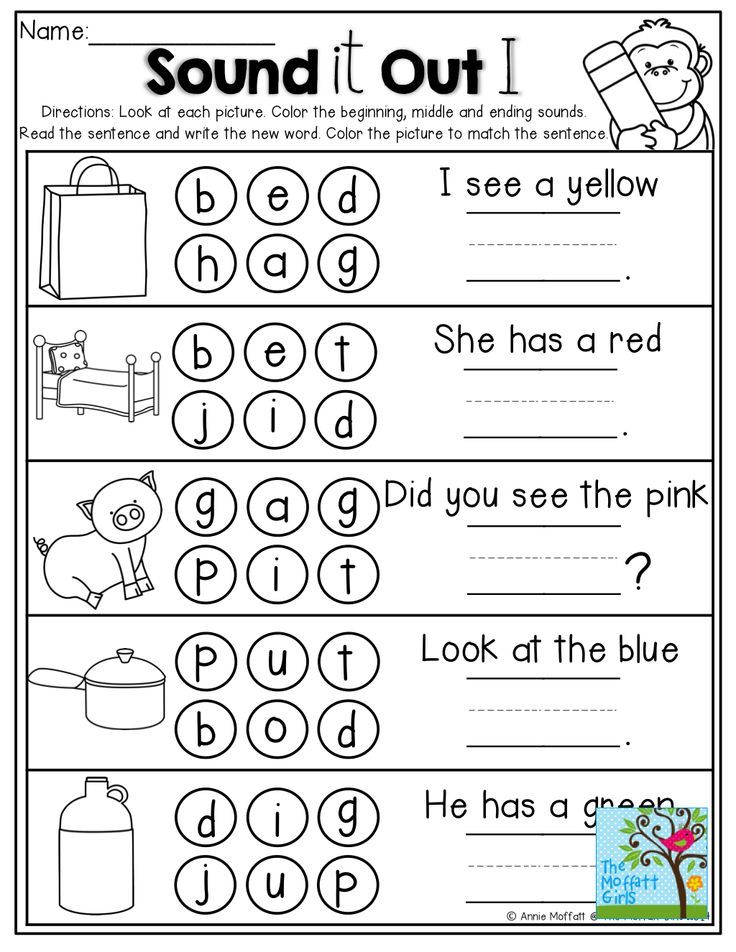 Sometimes children hug each other, wipe their tears. In addition to being correct, it is also touching.
Sometimes children hug each other, wipe their tears. In addition to being correct, it is also touching.
Fourth, be modest. In a group of children, none of them can become the center of attention only if it is their birthday. In other cases, children must learn to be part of a team. nine0019
Fifth, be generous. Most often, children of different age categories are in the same group in kindergarten. This contributes to the fact that adult kids help the little ones, teach them, support them.
Sixth, learning new things, getting ready for school. In any kindergarten there is a specific lesson plan where children are taught to draw, sculpt, do crafts, sing, dance, recite poetry. Children's matinees are held in the form of theatrical performances, where children perform in front of an audience of parents. This allows you to remove the complexes. The foundations of relationships are born in kindergarten. Children learn to help each other, express their opinions, solve problems and overcome conflicts.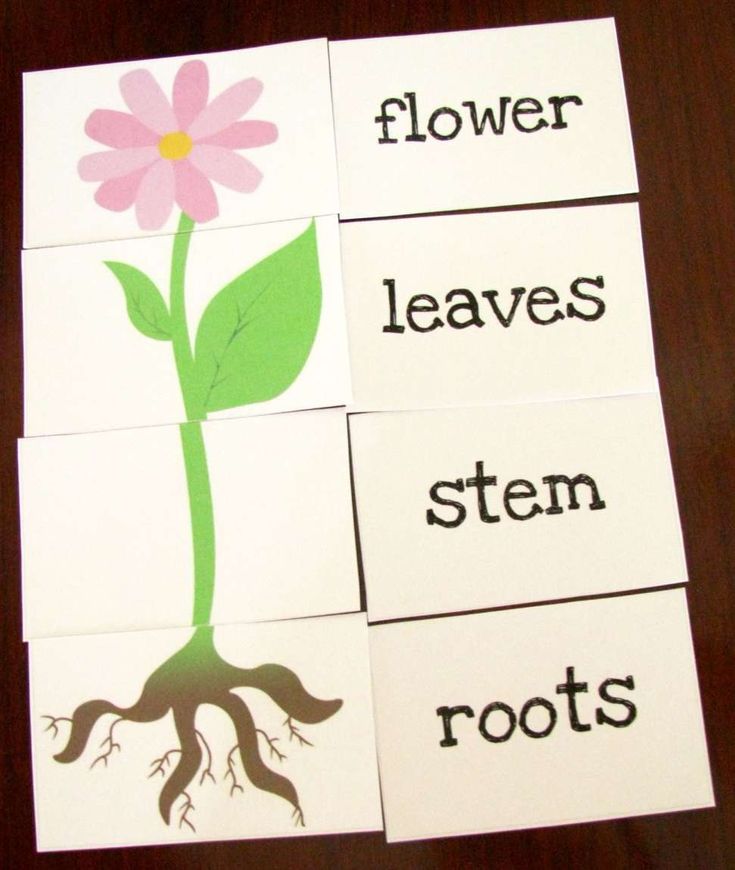 They already fulfill certain social roles, have some position. All this is important for the formation of the personality of children. nine0019
They already fulfill certain social roles, have some position. All this is important for the formation of the personality of children. nine0019
This doesn't mean that every child has to go to kindergarten...but maybe it's worth it? Kindergarten supports social, intellectual, emotional development - this helps at the stage of learning at school. What will the child learn in kindergarten? Are there any advantages over home schooling? I highlighted - 42.
1. Kindergarten daily routine gives a sense of stability.
2. The child learns independence - there are no parents nearby who constantly help in everyday affairs. nine0019
3. A sense of independence develops.
4. Fitness is maintained.
5. Constant lessons in drawing, modeling from plasticine, cutting out develop hand motor skills necessary for learning to write at school.
6. Morning exercises, physical activities, active games on the playground charge the child with energy.
7. By watching children, the child learns faster.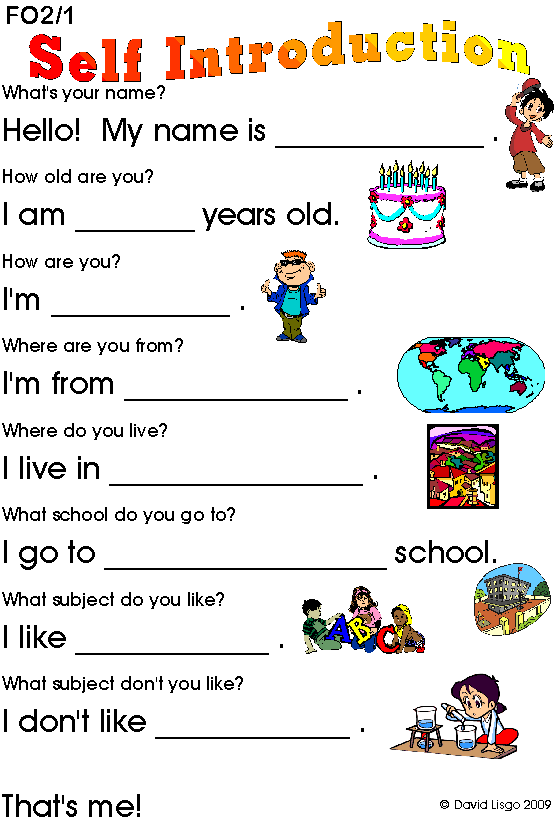
8. Expands vocabulary by playing with peers, learning songs and poems.
9.Learns to communicate with other children
10.Learns to focus attention.
11. The child shows talents that can be further developed.
12. Gains self-confidence.
13. Copes with emotions more easily - not afraid of other children, willingly communicates, makes new friends.
14. Learns to solve everyday problems, adults at home usually help with this.
15. Overcomes fears and own shyness.
16. Learns that he is not the center of the universe. nine0019
17. Learns that other children also have their own desires.
18. Learns to defend his point of view.
19. Learns to be responsible for his actions according to the rules applied in the social world.
20. Learns to wait in line.
21. Learns to share with others.
22. Learning tolerance - children with different characters, temperaments sometimes do not understand each other.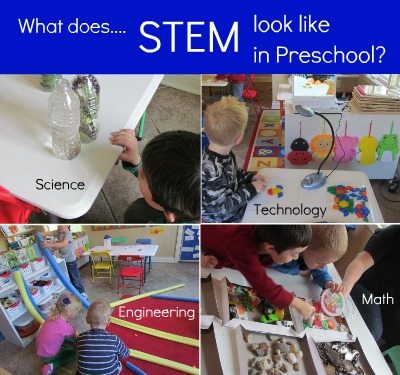
23. Learns to cooperate in society by interacting with children in group games.
24. Learns to say "excuse me", "please", "thank you".
25. Understands that people should not insult others.
26. Learns to compromise and fulfills the role assigned in group play.
27. Forms his character and will.
28. Learns self-discipline.
29. Learns resourcefulness.
30. Learns to compete, win and accept defeat in sports games.
31. Expands the boundaries of knowledge - going to the theater, circus, walking, extra classes. nine0019
32. The child learns new games, ways to create artworks.
33. Learns the traditions associated with the holidays - March 8, February 23, May 9, Maslenitsa, etc.
34. Develops imagination and creativity, for example, crafts from cones, plastic bottles, etc.
34. Learns to be aware of the consequences of his actions.
35. Has the opportunity to freely, carelessly and have fun in a team.